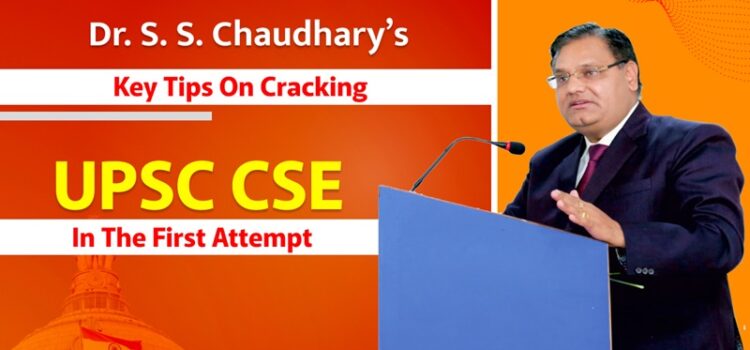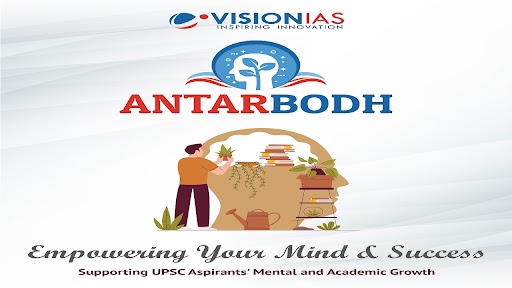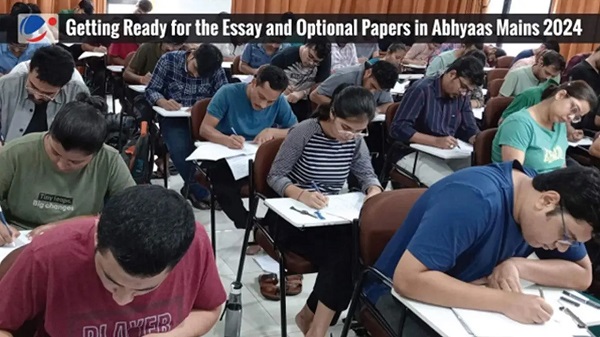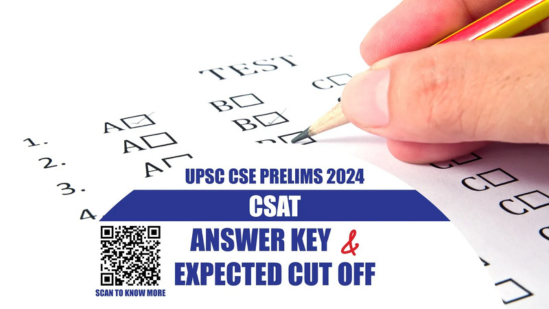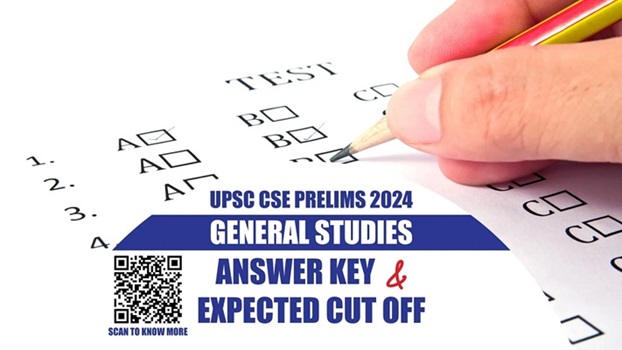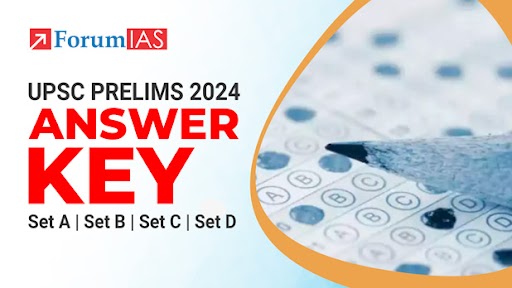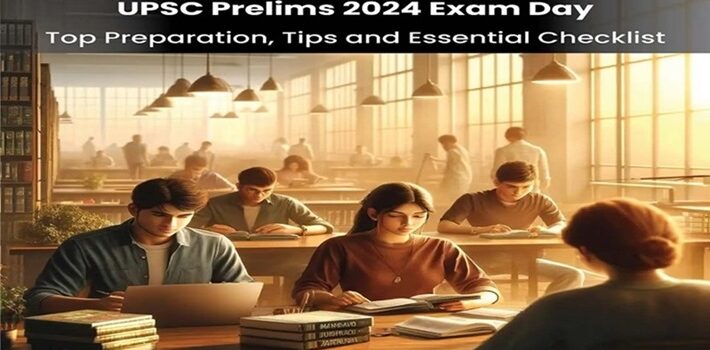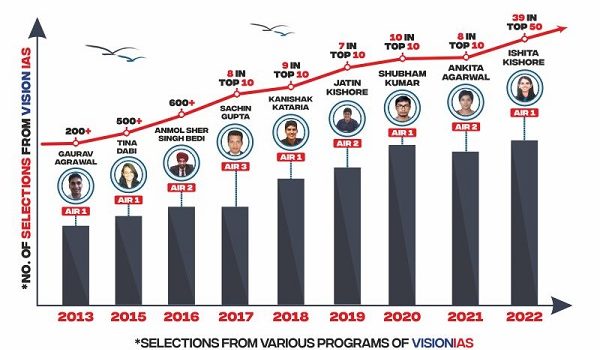The atmosphere was charged with inspiration as students and aspirants gathered at the prestigious Vajirao & Reddy IAS Institute campus for a highly anticipated seminar led by none other than the institute’s founder, Dr. S. S. Chaudhary. With over 30 years of experience in mentoring and guiding UPSC aspirants, Dr. Chaudhary has been a pivotal figure in shaping the careers of countless successful IAS officers. His insights, based on decades of experience, carried immense weight and provided a clear roadmap for those aiming to crack the UPSC Civil Services Examination (CSE) in their first attempt.
Opening the Seminar: The Importance of Mindset and Strategy
Dr. Chaudhary began his speech by addressing the gravity of the UPSC CSE exam, which is considered one of the toughest competitive exams in the world. He highlighted that success in this examination isn’t just about intelligence; rather, it requires a unique combination of mindset, discipline, and a well-crafted strategy.
“Clearing UPSC is not just about hard work; it’s about working smart and maintaining consistency. The first thing aspirants need is the right mindset. You must believe that you can clear the exam in your first attempt and prepare with that focus in mind,” he stated.
Understanding the UPSC Exam Pattern
Dr. Chaudhary emphasized the importance of understanding the structure of the UPSC CSE, which is divided into three stages: the Preliminary Exam (Prelims), the Mains Exam, and the Personality Test (Interview).
“The Prelims is all about screening, but it should not be taken lightly. It’s a test of both knowledge and speed. The Mains, on the other hand, tests your depth of understanding, analytical skills, and expression. Each stage requires a different strategy,” he said. Dr. Chaudhary stressed that students must focus on balancing their preparation for both the Prelims and the Mains from the beginning, ensuring they are well-versed in both factual and analytical dimensions.
Key Tips for Clearing UPSC CSE in the First Attempt
1. Focused Study Plan
According to Dr. Chaudhary, a detailed and well-structured study plan is essential. He advised aspirants to break down the syllabus into manageable parts and create a daily, weekly, and monthly plan to cover each topic systematically. “The syllabus is vast, but not unmanageable. What matters is how you approach it. Devote time to each subject based on your strengths and weaknesses,” he advised.
2. Smart Use of Resources
With a sea of study materials available, aspirants often get overwhelmed. Dr. Chaudhary recommended sticking to a few standard books for each subject rather than jumping between too many resources. “The NCERTs form the backbone of UPSC preparation. Along with that, aspirants should refer to selective, high-quality reference books and Vajirao & Reddy’s class notes to stay on track.”
3. Importance of UPSC Current Affairs
Dr. Chaudhary pointed out that current affairs are crucial for both Prelims and Mains. He advised students to read newspapers like The Hindu or Indian Express regularly and complement it with monthly current affairs compilations. “Make it a habit to stay updated on national and international events. Link current affairs with static topics, and this will give you an edge,” he suggested.
4. Practice and Revision
One of the cornerstones of Dr. Chaudhary’s preparation strategy is continuous practice and revision. He encouraged students to solve previous years’ question papers and take regular mock tests. “Mock tests will help you identify your weak areas and give you the confidence to tackle the actual exam. Revising your notes and solving test papers regularly is key to retaining information and refining your exam strategy,” he explained.
5. UPSC Answer Writing Skills
Dr. Chaudhary highlighted the importance of answer writing practice, especially for the Mains exam. “In Mains, it’s not just what you know, but how well you present it. Your answers should be concise, clear, and to the point. Practice writing answers every day, and focus on structuring them properly with an introduction, body, and conclusion,” he said.
6. Time Management
Time management, according to Dr. Chaudhary, plays a pivotal role in cracking the UPSC exam. He emphasized the need for students to manage their time effectively, both during preparation and while writing the exam. “The exam tests not just your knowledge, but also how efficiently you can use your time. Develop a habit of sticking to deadlines and managing your time wisely,” he urged.
7. Staying Motivated and Positive
In his final piece of advice, Dr. Chaudhary focused on the psychological aspect of preparation. “UPSC preparation is a marathon, not a sprint. You will face moments of doubt and fatigue, but you need to stay motivated and believe in your potential. Surround yourself with positive energy, and don’t compare yourself with others. Everyone’s journey is unique,” he concluded.
Conclusion: A Roadmap to Success
Dr. S. S. Chaudhary’s seminar was a treasure trove of actionable insights for UPSC aspirants. With his vast experience, he broke down the complex process of preparing for the Civil Services Examination into simple, practical steps. His emphasis on strategic preparation, disciplined study routines, and a positive mindset provided students with both the inspiration and the tools needed to succeed.
As the seminar ended, students left with a renewed sense of purpose and confidence, ready to embark on their UPSC journey with the expert guidance of Dr. Chaudhary and the Vajirao & Reddy IAS Institute team. Vajirao IAS is the amongst best IAS Coaching in Delhi India.


